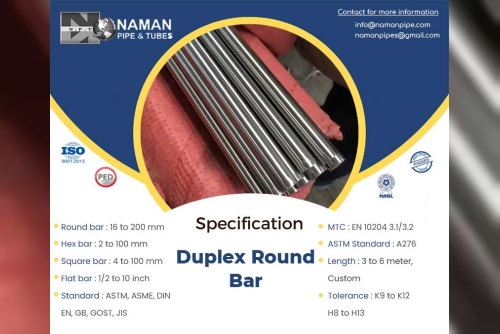The U.S. Centers for Disease Control and Prevention (CDC) states that stroke, cirrhosis, diabetes, ischemic heart disease, chronic kidney disease, lower respiratory infections, and neonatal disorders are the leading causes of death in Saudi Arabia. According to the Ministry of Health, under the Kingdom of Saudi Arabia, diabetes is one of the most prevalent diseases in the country. As per the Ministry, diabetes causes cardiovascular diseases (CVDs), nerve damage, kidney damage, eye damage, cancer, and Alzheimer's disease among the affected population.
Additionally, the surging incidence of burn cases will also boost the usage of surgical sutures in Saudi Arabia in the forthcoming years. According to the 2020 International Journal on Burn Trauma, scald, flame, electrical, chemical, and hot surface causes 46.4%, 36.1%, 7.3%, 6.0%, and 4.2% of skin burn injuries, respectively, in Saudi Arabia. The journal further states that 80% of burn injuries are caused among the female population of the country. Furthermore, the majority of burn cases, around 88.0%, of injuries occur at home.
Moreover, the soaring number of hospitals and healthcare professionals will also augment the need for surgical sutures in the country in the upcoming years. As per the Ministry of Health, there were 89,093 nurses, 41,201 physicians, and 78,596 hospitals in Saudi Arabia in 2020. These hospitals and healthcare professionals use absorbable and non-absorbable sutures and reusable and disposable automated suturing devices while performing surgical procedures on patients, which, in turn, drive the demand for surgical sutures in the country.
In recent years, medical professionals have been showing a high affinity for customized sutures, due to the high efficiency offered by them. Anti-microbial sutures, smart sutures, stem cell-seeded sutures, and drug-eluting sutures are some of the customized variants being used to close incisions and wounds in injured or wounded people. For example, in 2016, Micro Microsystems & Nanoengineering published research on the integration of electronics, microfluids, and nano-scale sensors into threads that could be sutured through multiple layers of tissue to collect diagnostic data wirelessly in real time.
At present, companies operating in the Saudi Arabian surgical sutures market are focusing on mergers and acquisitions to offer improved products that can be used in general surgeries, orthopedic surgeries, gynecological surgeries, CVD surgeries, and ophthalmic surgeries. For instance, in January 2016, Surgical Specialties Corporation acquired all the affiliated entities and shares of FSSB Chirurgische Nadeln GmbH, a suture and needle manufacturing company, for $147 million. Through this acquisition, the former aims to expand its needle business by using the proprietary technology of the latter.
Thus, the rising cases of chronic diseases and burn injuries and the increasing number of hospitals and healthcare professionals will create a huge requirement for surgical sutures in Saudi Arabia in the foreseeable future.












